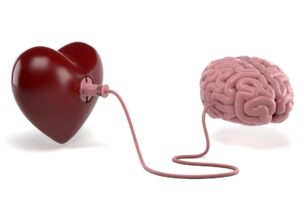A new study from Johns Hopkins and the University of California, Irvine found that people with a higher body mass index have less blood flowing to their brain, which might explain why obesity is tied to Alzheimer’s risk. Performing brain scans on 17,721 men and women, they discovered that the higher the BMI, the lower the blood flow to five regions of the brain that…





























































